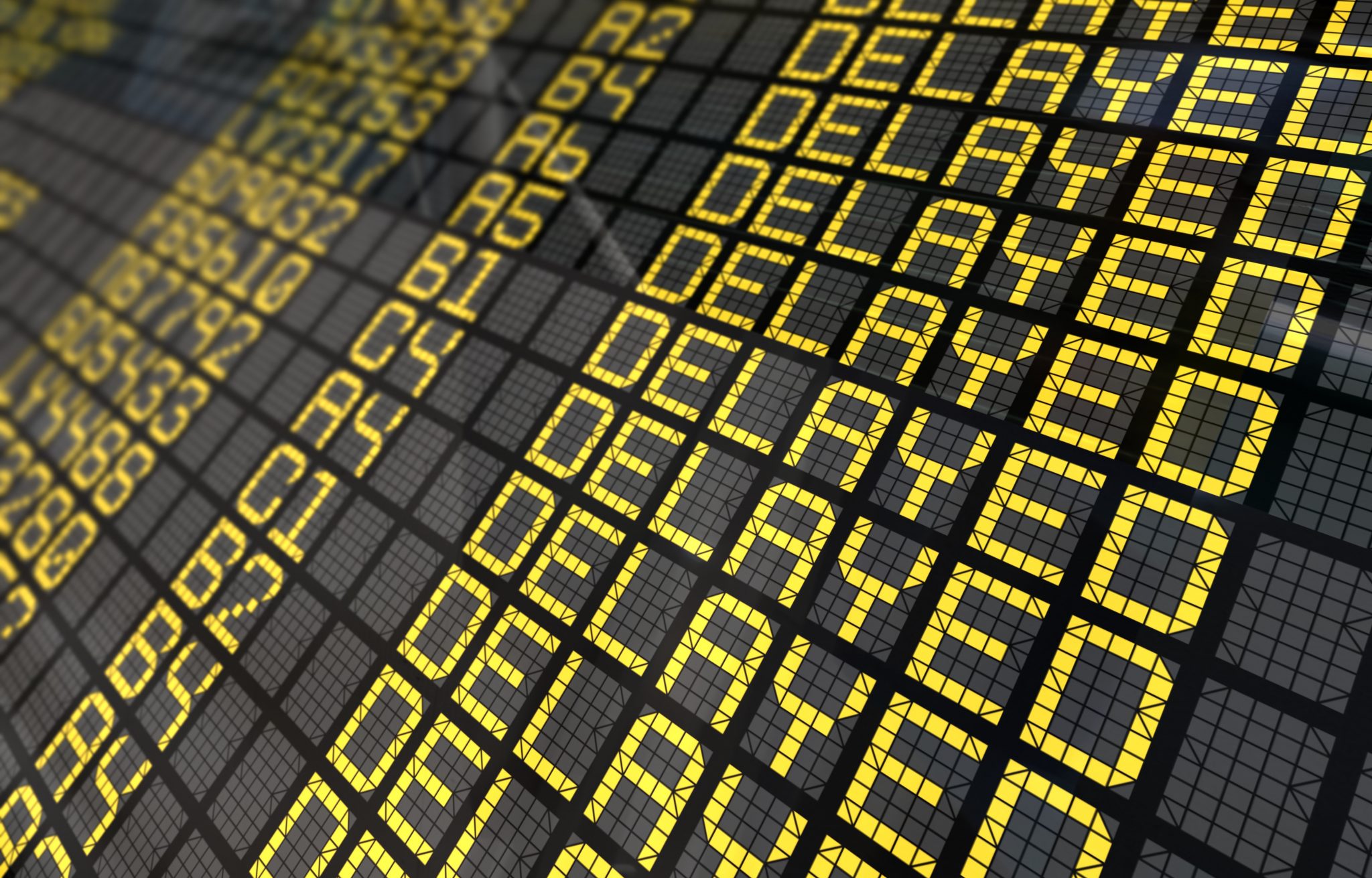Another holiday period, another flurry of negative media headlines over last-minute flight cancellations, delays and airport queues. Staff shortages are still to blame at the airlines, ground handlers, airports and air traffic control. Airlines are all frantically hiring new employees (note one UK airline relaxed its tattoo policy today – although face tattoos still need to be covered but this is under discussion) but training takes time. With the summer season just around the corner, airlines need to get this situation under control and fast.
In the UK, the government is being partially blamed for not having supported the aviation industry with a “comprehensive financial package” during the pandemic, while the government maintains that the aviation industry is responsible for its own staffing needs. Airlines are upset at the delays caused by security vetting for new staff, which is a slower process than pre-pandemic. In the UK, Brexit is also being touted as a factor as the country is now longer attractive to European workers. But the problem is a global one. In the US, the Memorial Day holiday was also plagued by more than 7,000 flight cancellations, again caused by air traffic control delays, sick crew and long security lines at airports.
Probably the most over-used phrase in aviation media during the past year is the expectation of “pent-up” demand. Despite the rising inflationary environment and rising energy costs, although streaming services subscriptions may have been cancelled, the annual summer family holiday is almost sacrosanct for the hard working public – and even more so when that public hasn’t travelled for the best part of two years. Airlines know this – they have also been peddling the “pent-up” demand expectation in their results and investors updates for the past year, so why so late to ramp up staffing levels? The problem is sector-wide with inflation and demand driving up wages – after two years of minimal revenue, airlines are mindful of costs but these negative passenger experiences and headlines are likely to be more damaging in the longer-term than higher costs now. Of course, investors want to see a return to profits but this reputational damage will be long lasting and impact performance later down the line. For such a critical period in the recovery, airlines need to get a handle on operations and as some airlines have already done, trim those summer schedules now rather than cancel when the passengers are actually on the plane, which is what happened this week in the UK.
Meanwhile, the International Air Transport Association (IATA) has called for holistic reforms to manage the long-term need for a stable talent base for the ground handling sector.
Thousands of ground handling staff left the aviation industry during the pandemic. Now as aviation ramps up, the severe shortage of skilled ground handlers is shedding light on the need for reform to stabilize the talent pool, says the association at its recent Ground Handling Conference.
The most pressing issue, IATA notes, is the bottleneck for security clearances – as noted above – but over the longer-term, the association is urging the ground handling sector to adopt a stronger talent acquisition strategy, streamline onboarding processes, and develop a more compelling retention proposition
“The peak northern summer travel season is fast-approaching, and passengers are already experiencing the effects of bottlenecks in getting security clearances for staff at the airport. Additional resources are needed to accelerate the processing times for employment security clearances which can be as much as six months in some markets. The shortages we are experiencing today are a symptom of the longer-term challenges to achieve a stable talent base in ground handling,” said Nick Careen, IATA’s Senior Vice President for the Operations, Safety and Security.
IATA states that more efficient and expedited onboarding will allow the sector to adapt quickly to demand changes, including those which are seasonal. IATA recommends a greater focus on competency-based training; moving to more online training and assessments will improve speed, flexibility and efficiency of onboarding, as well as mutual recognition by authorities of security training and employee background records will expedite onboarding and reduce redundant processes.
By Philip Tozer-Penningto

